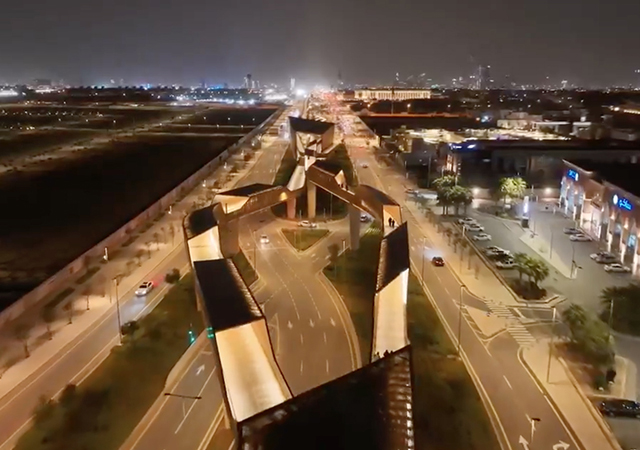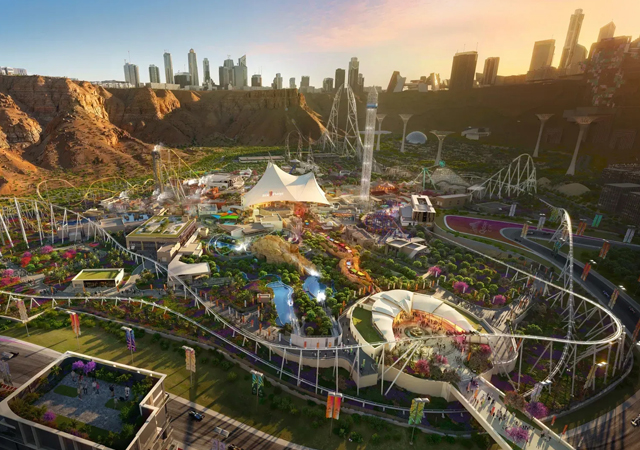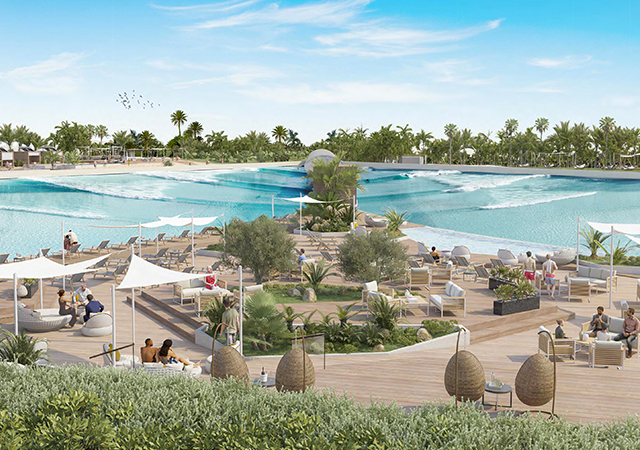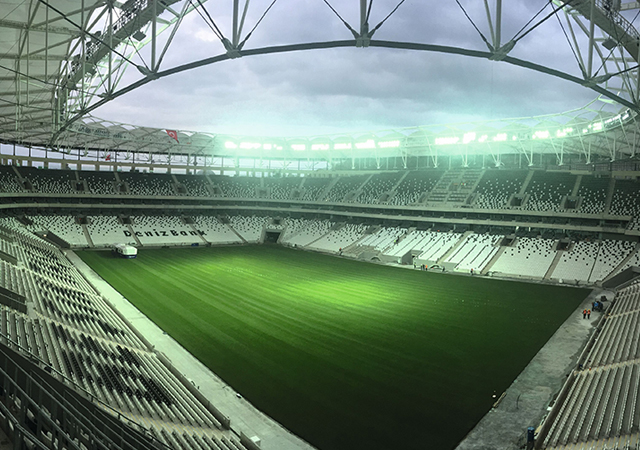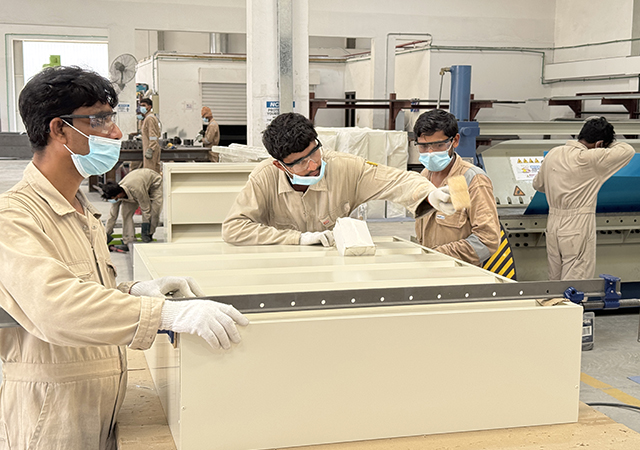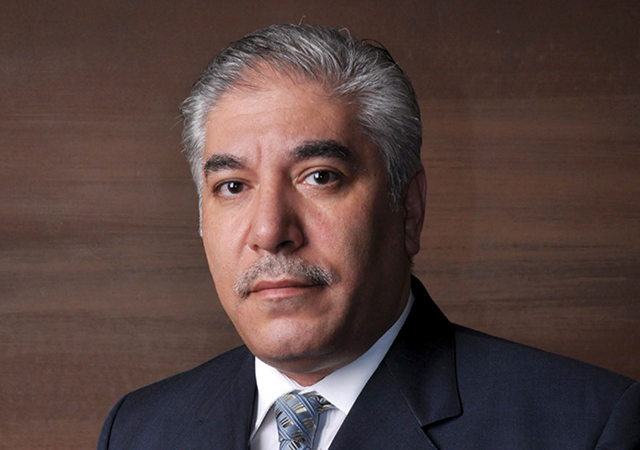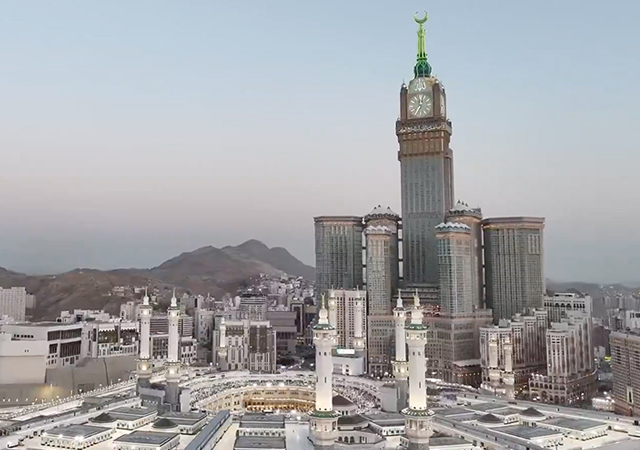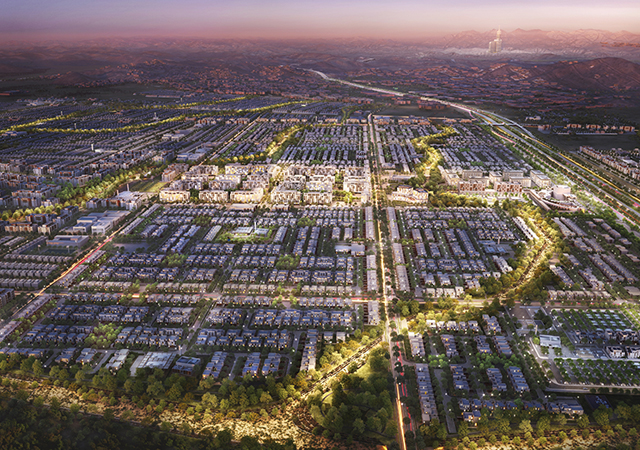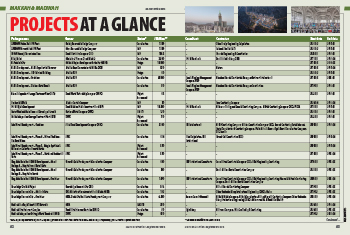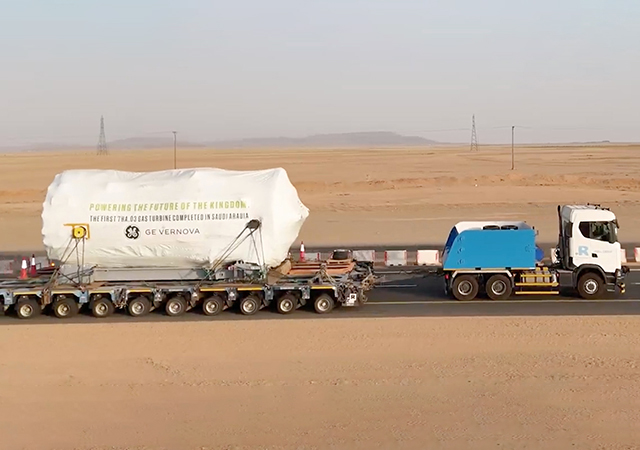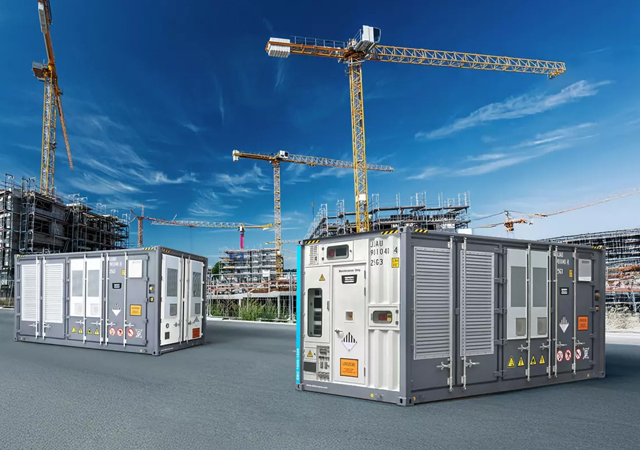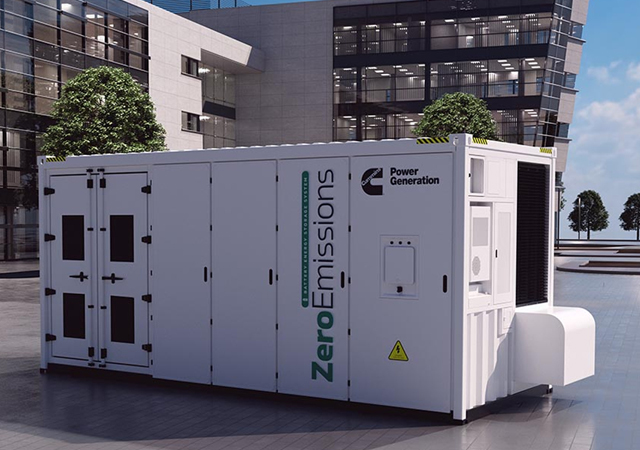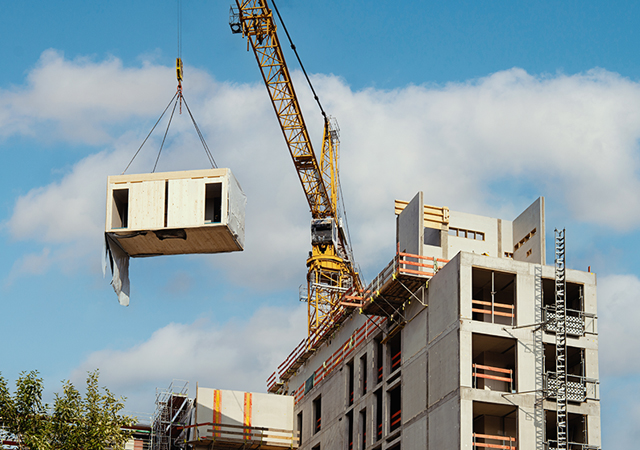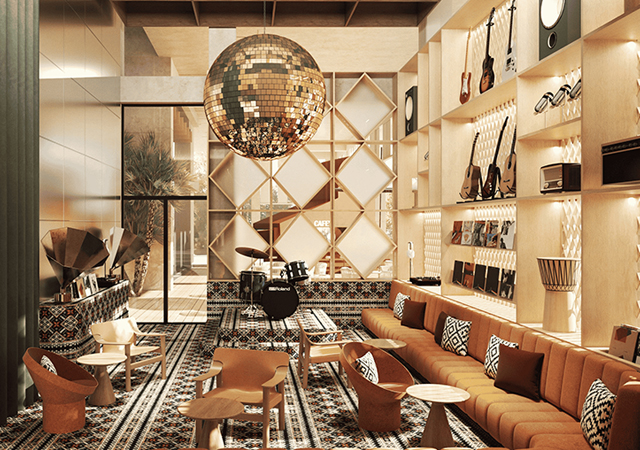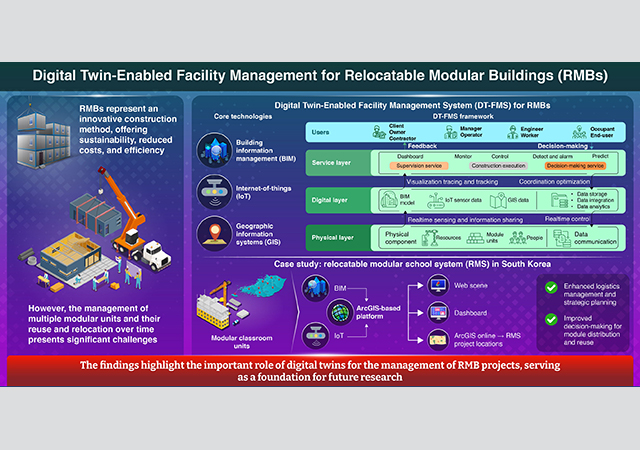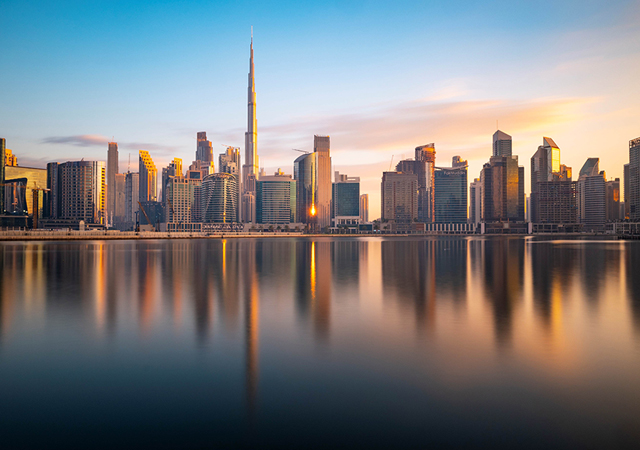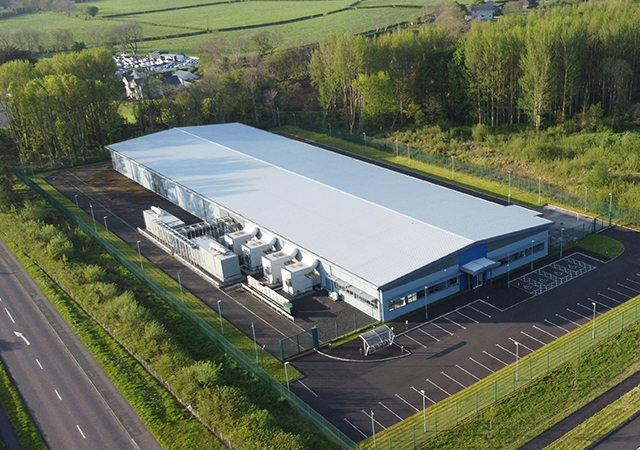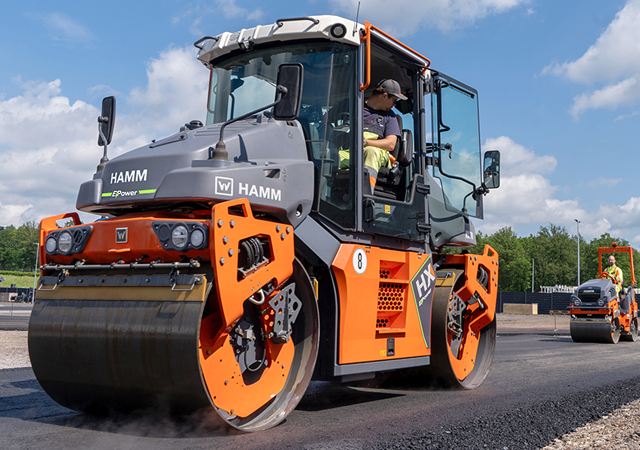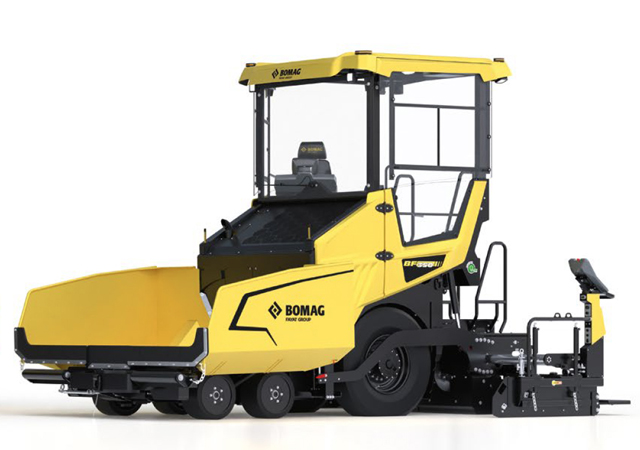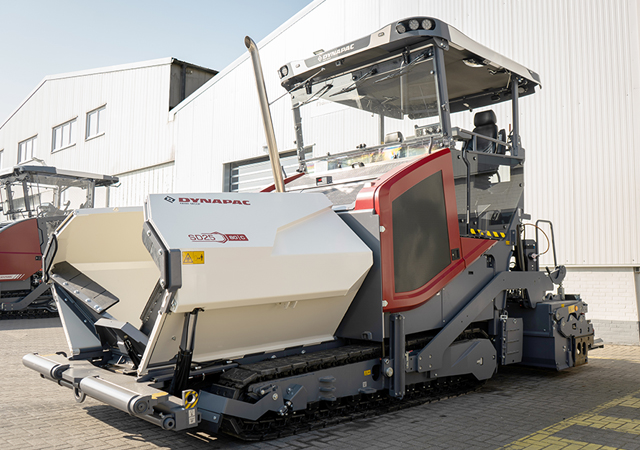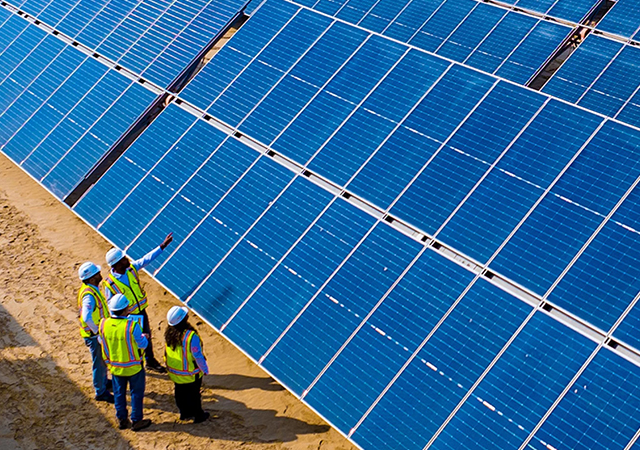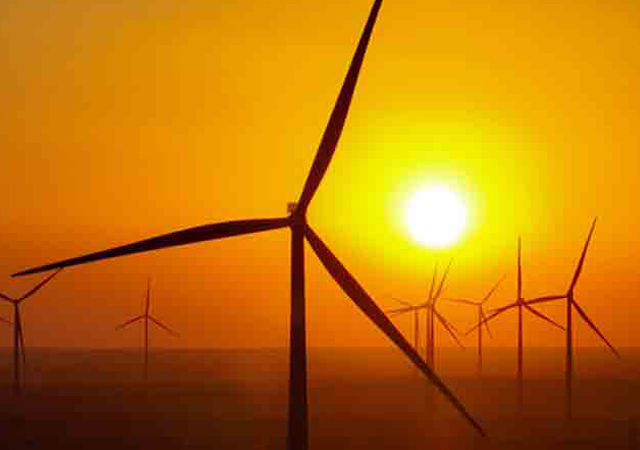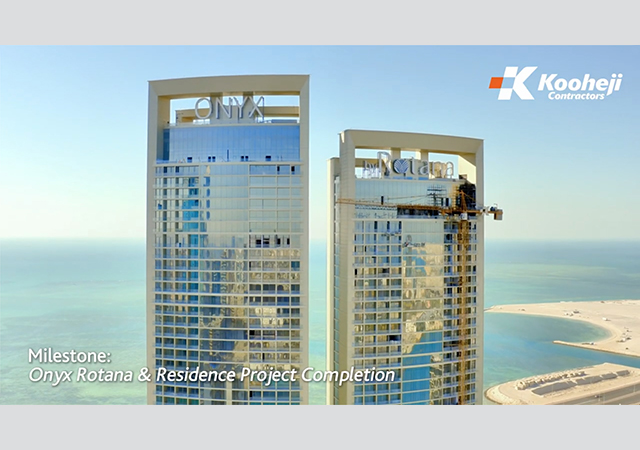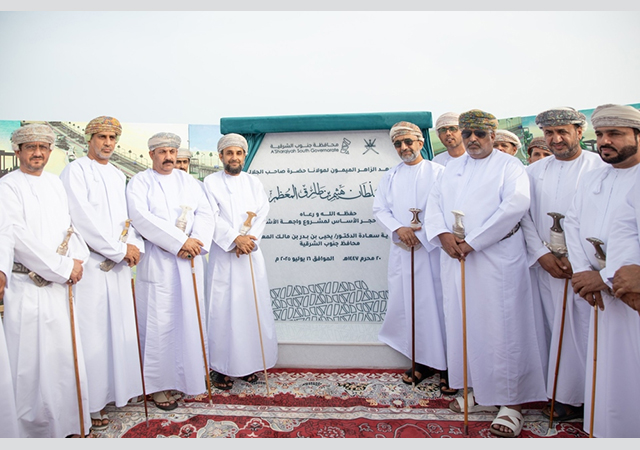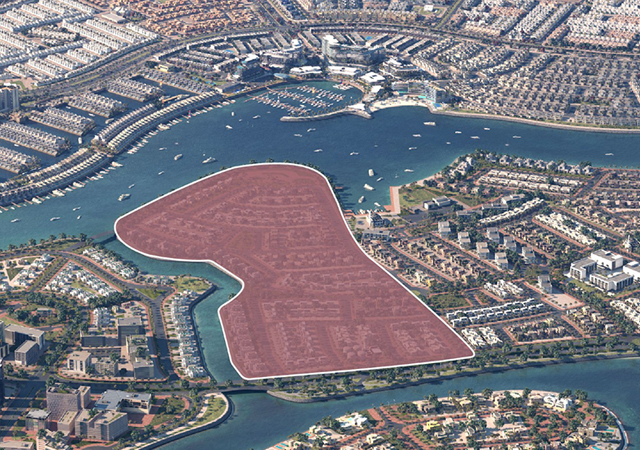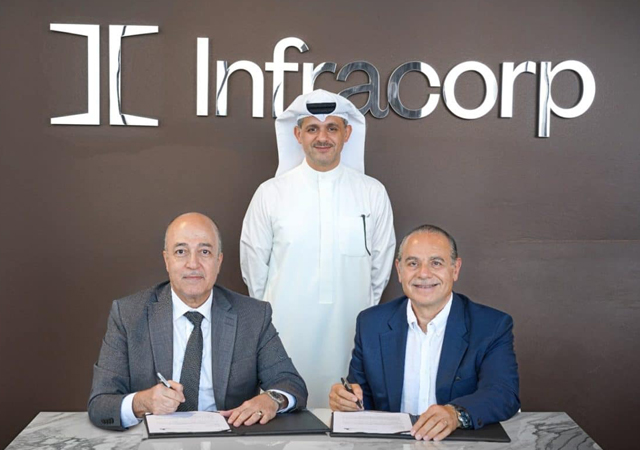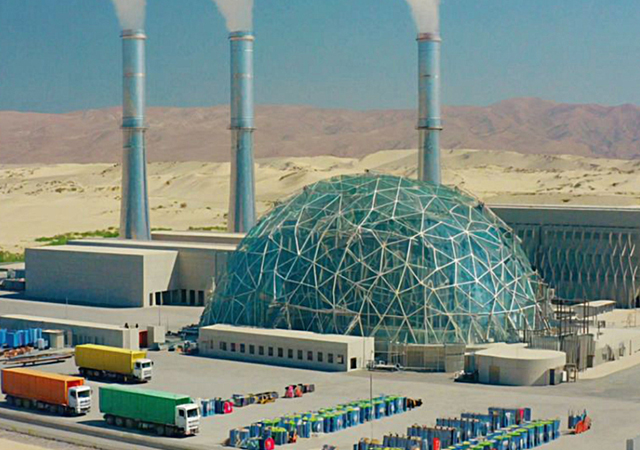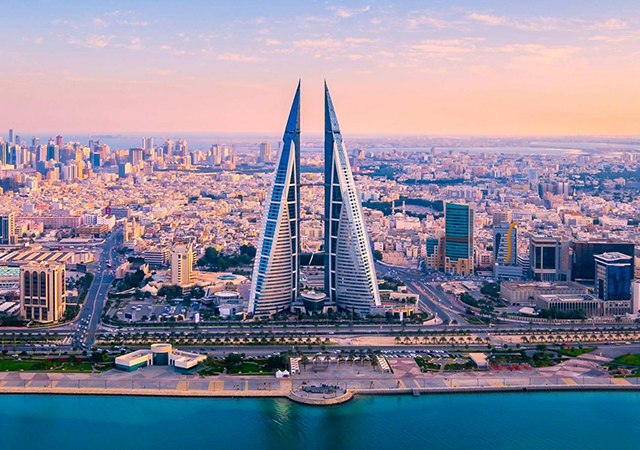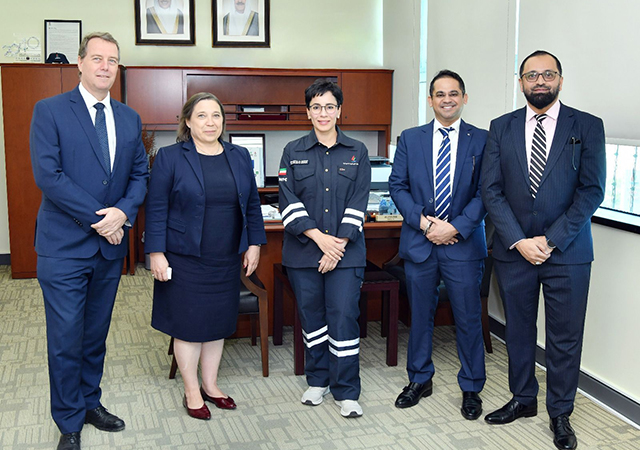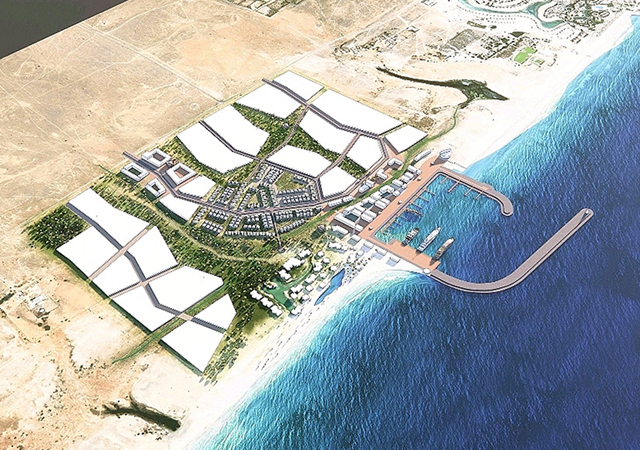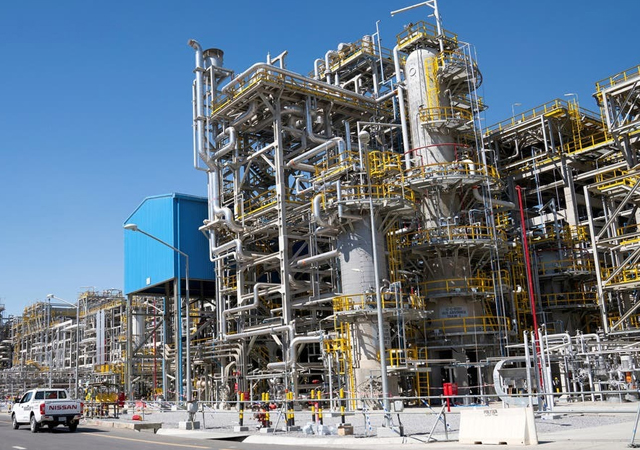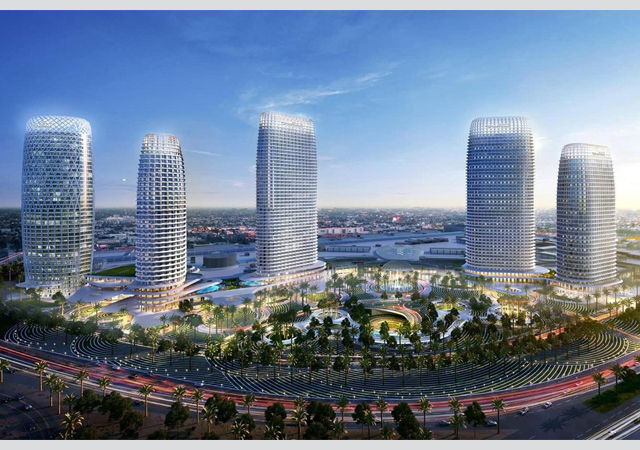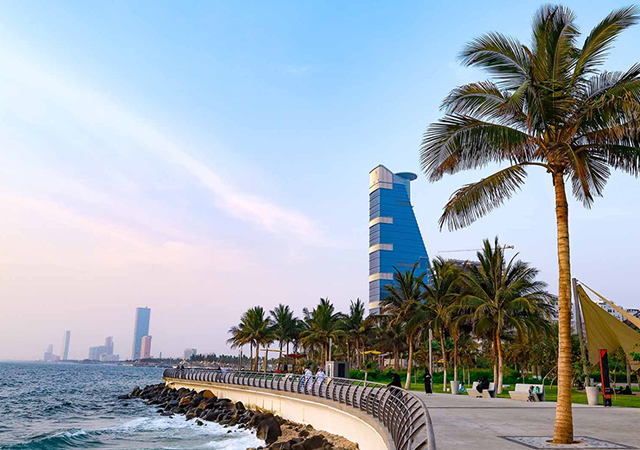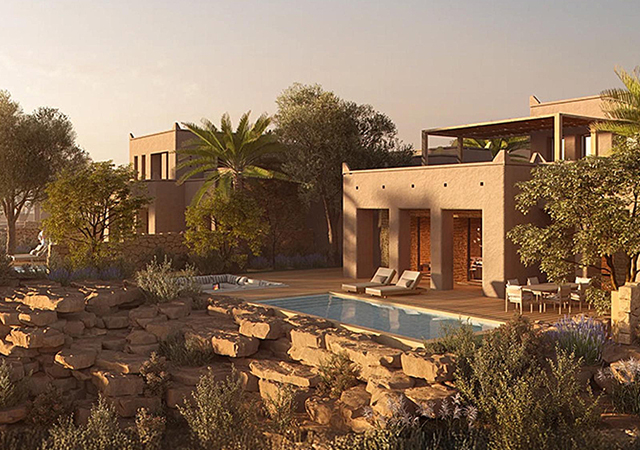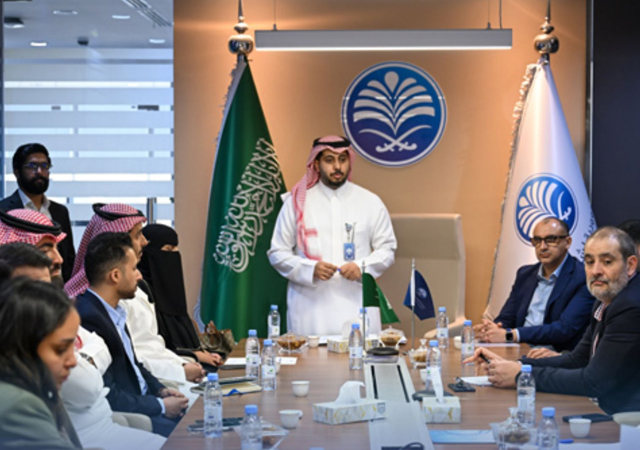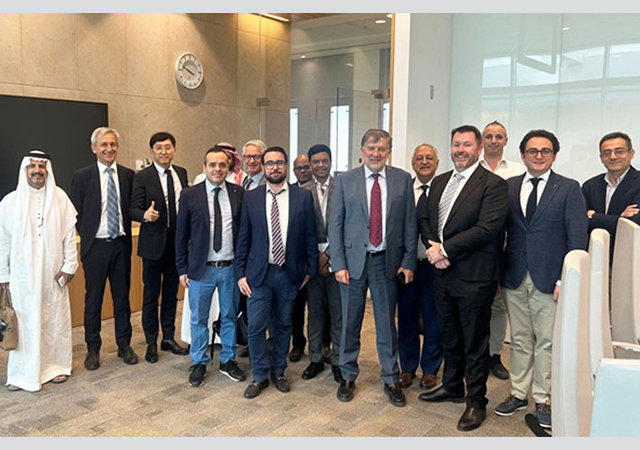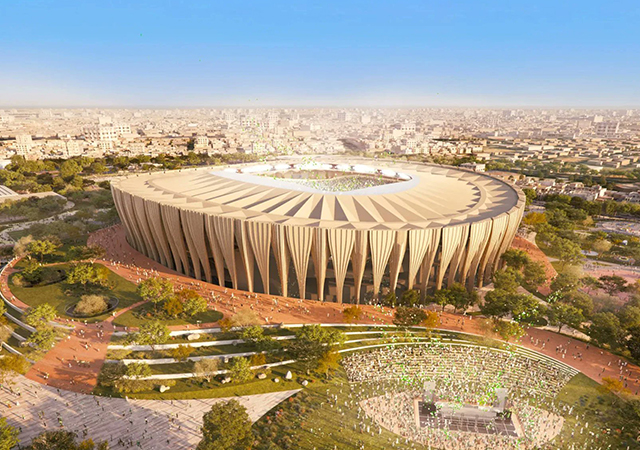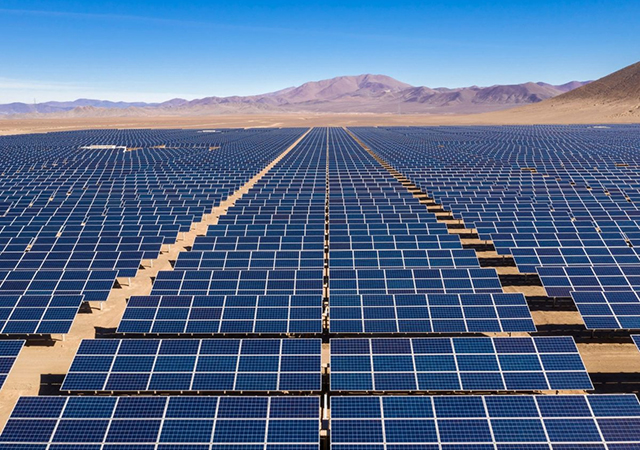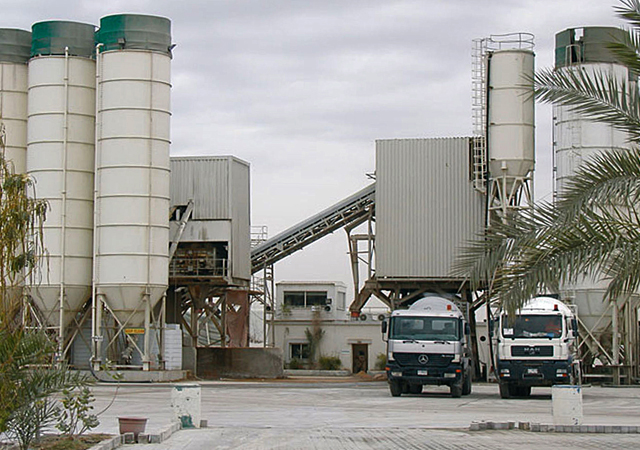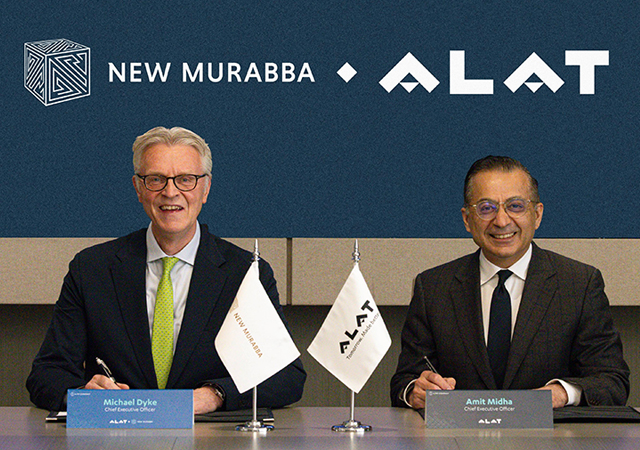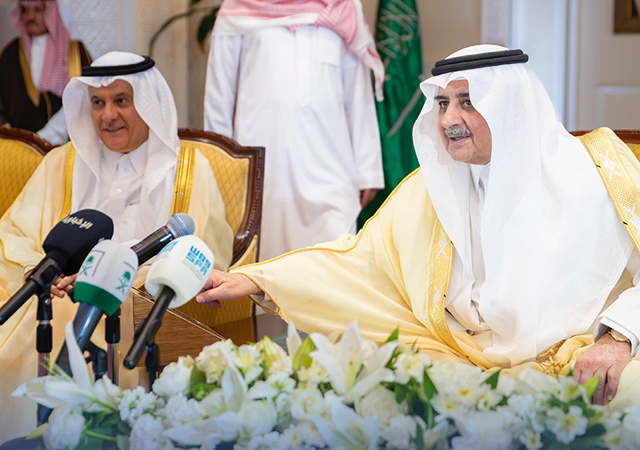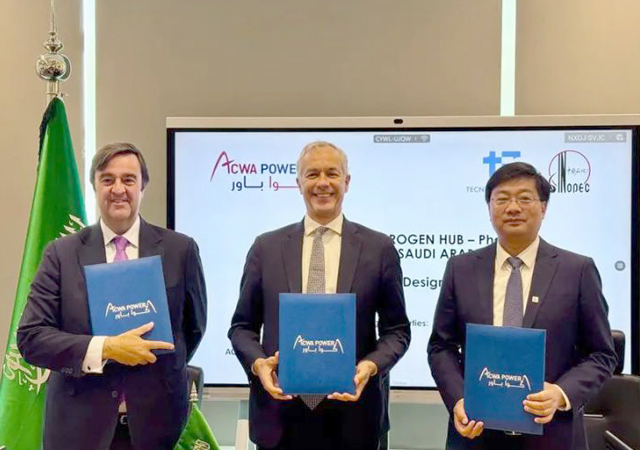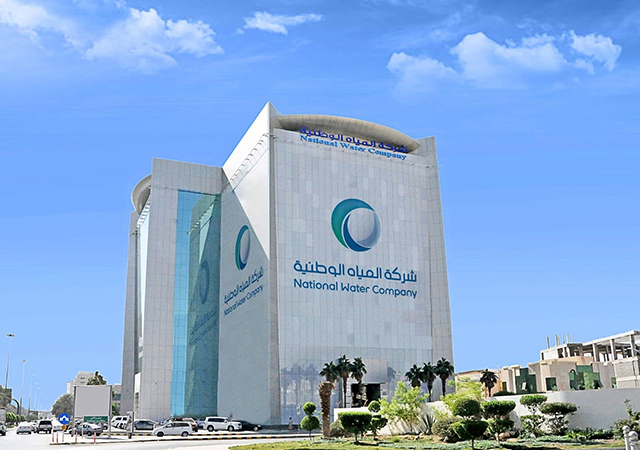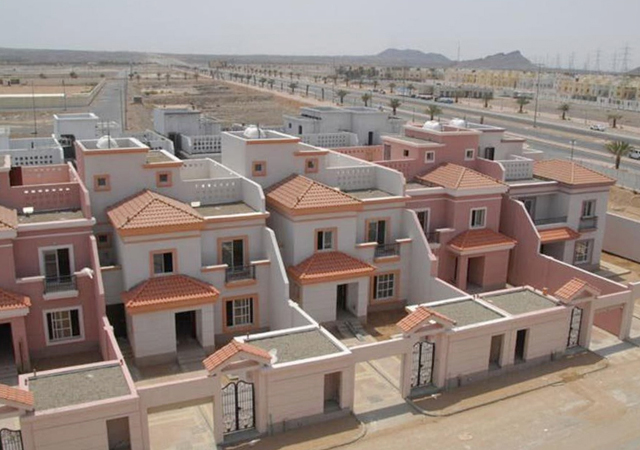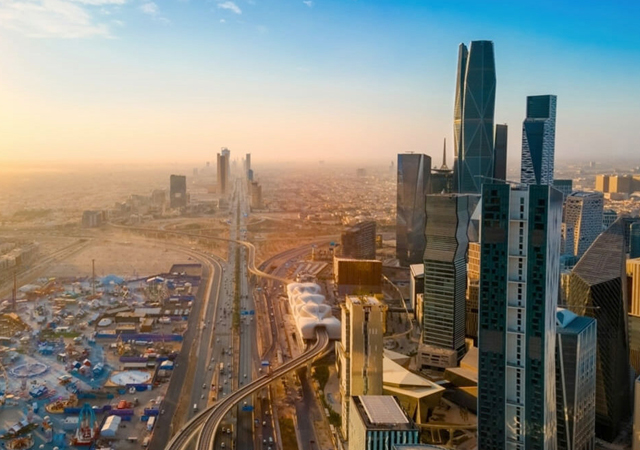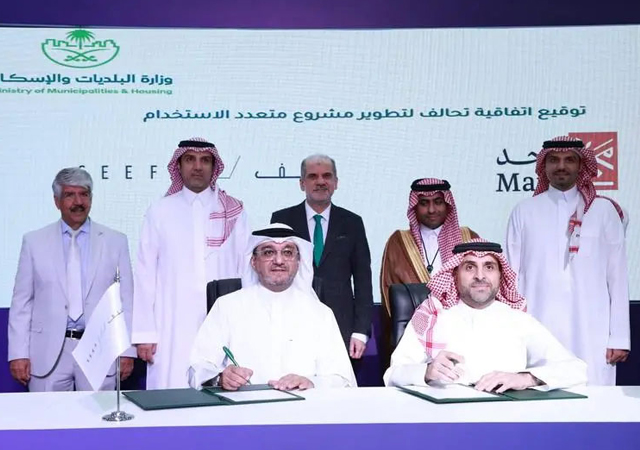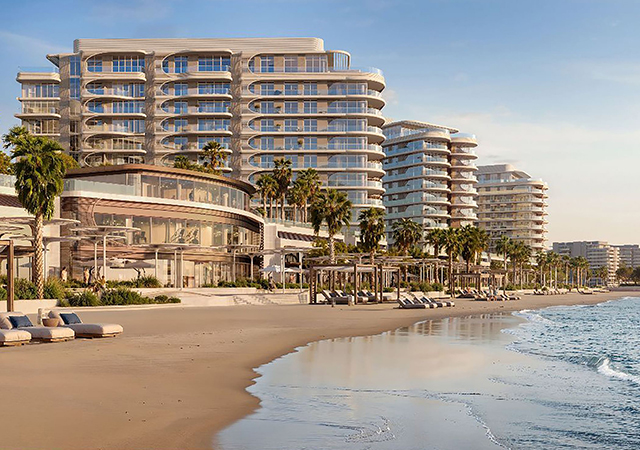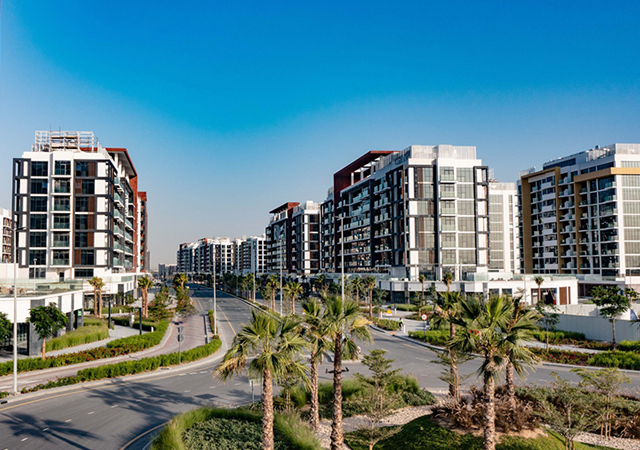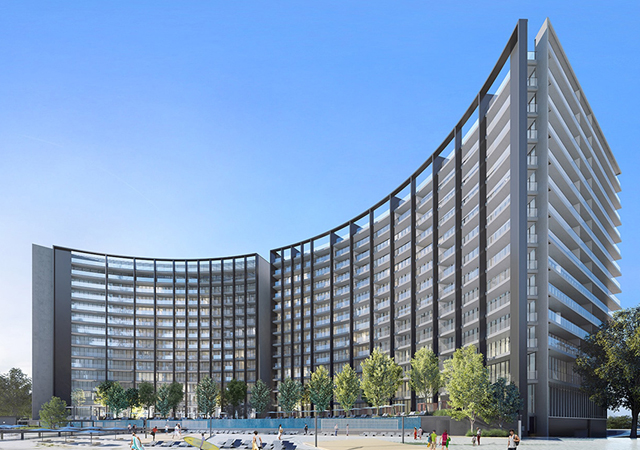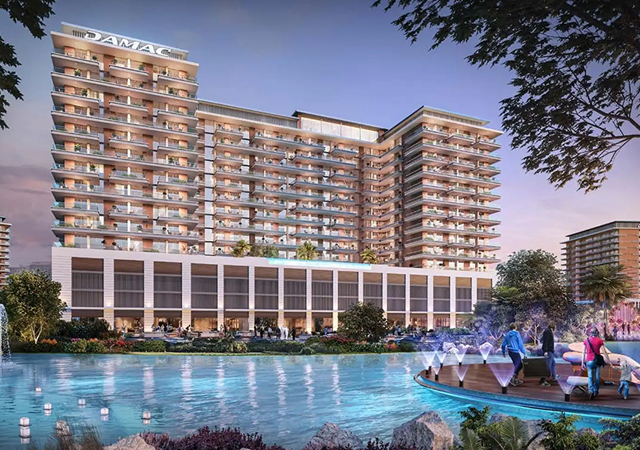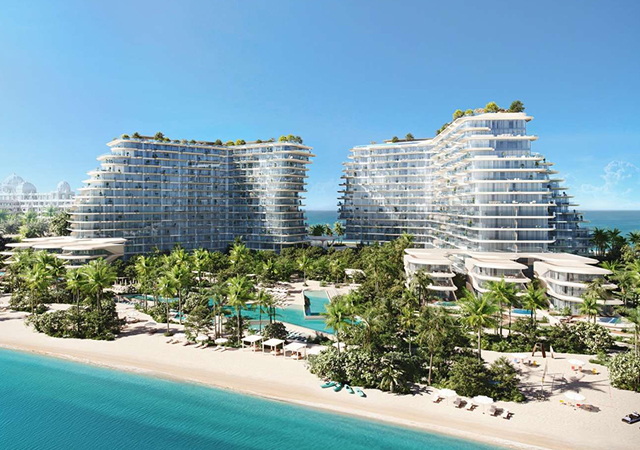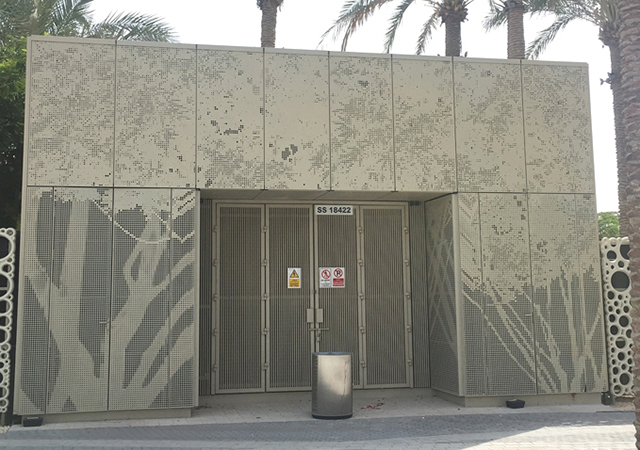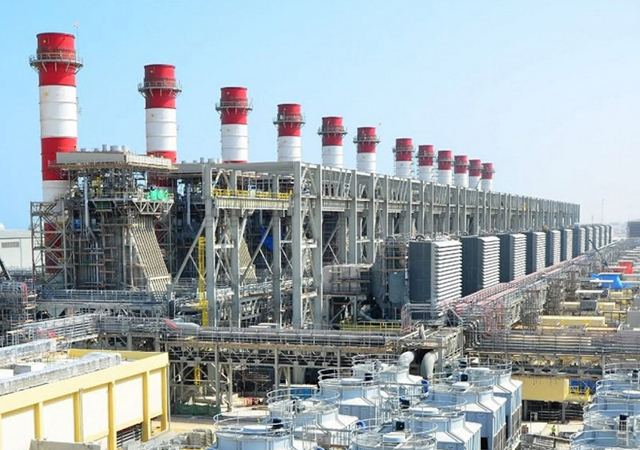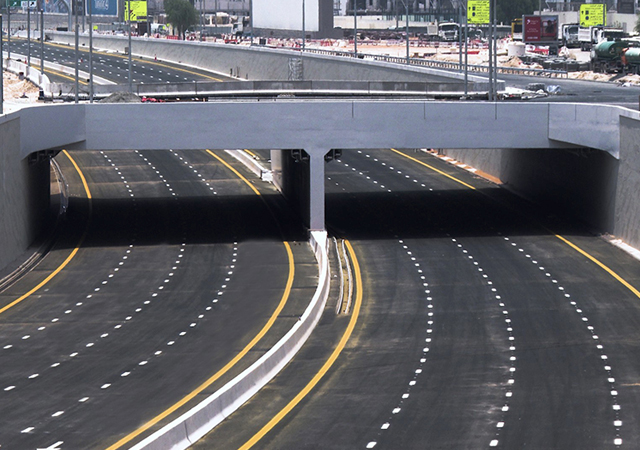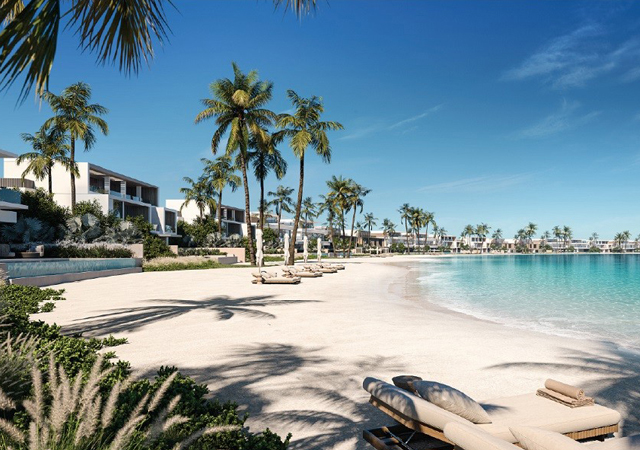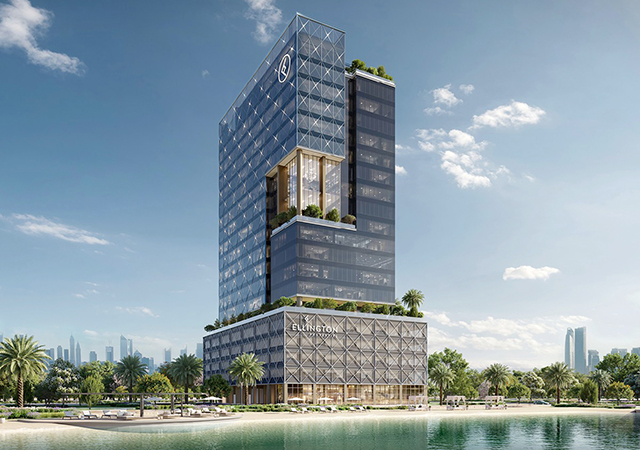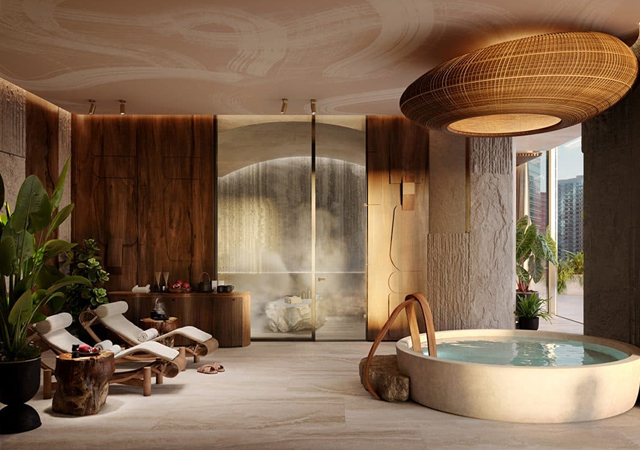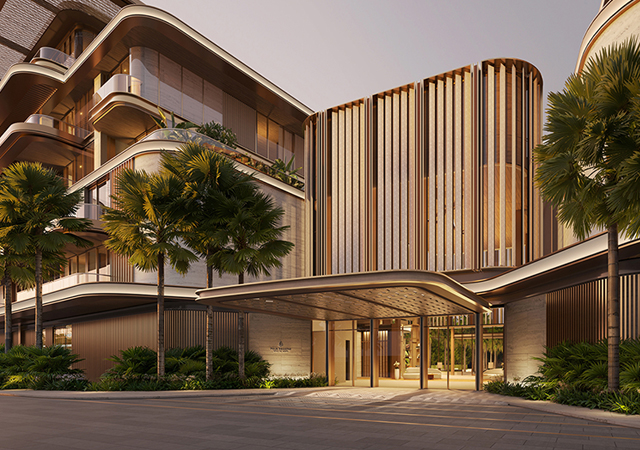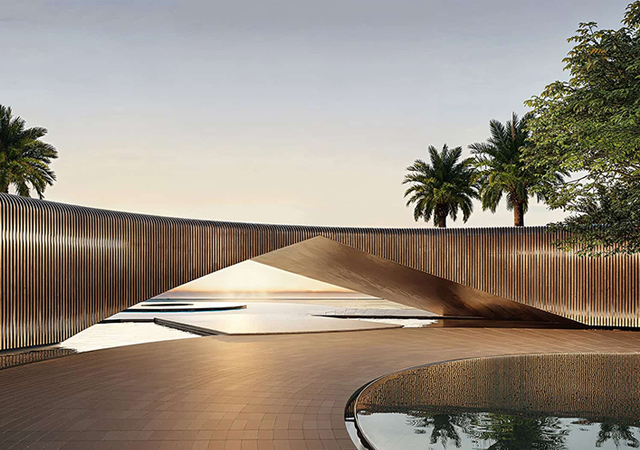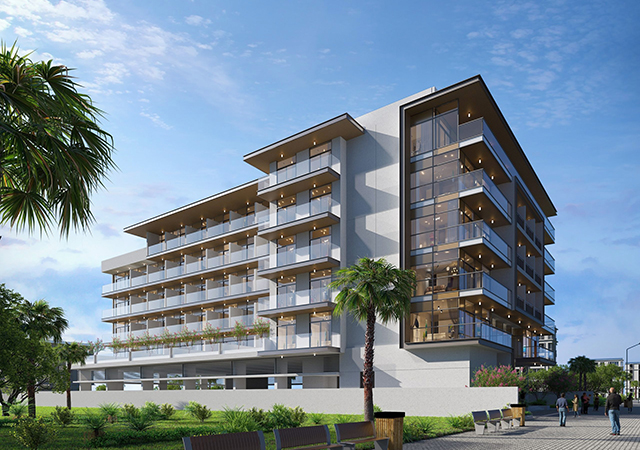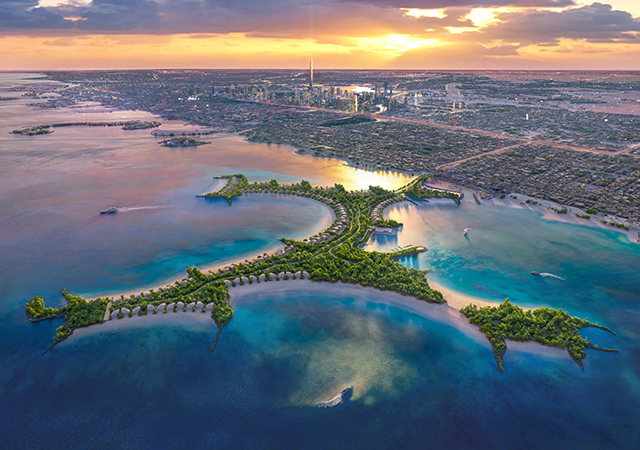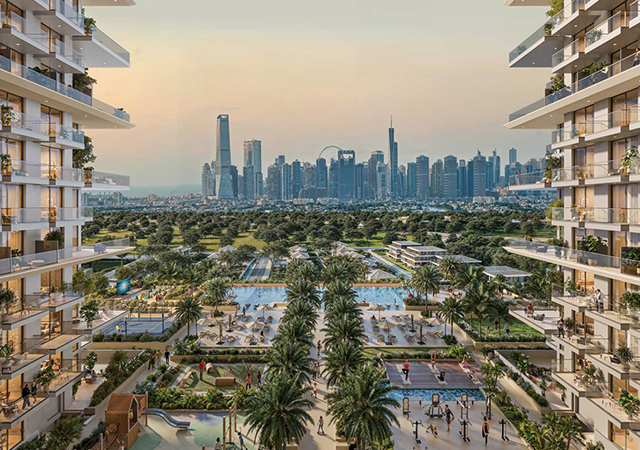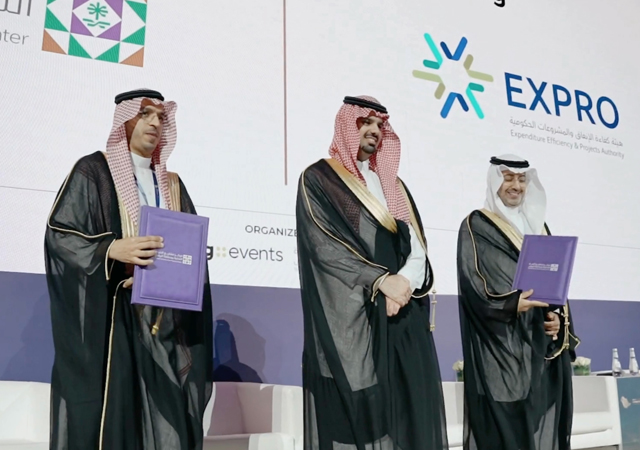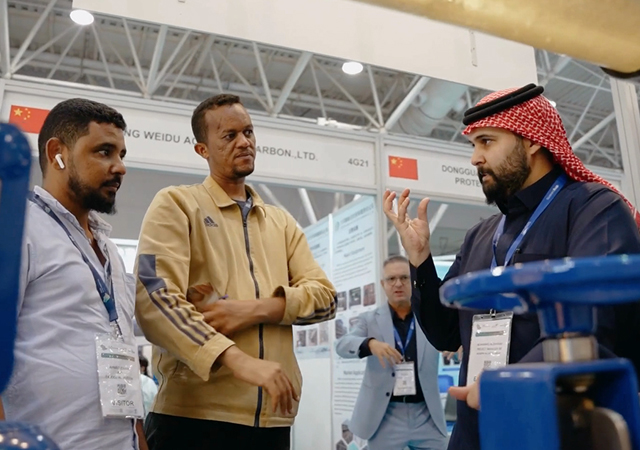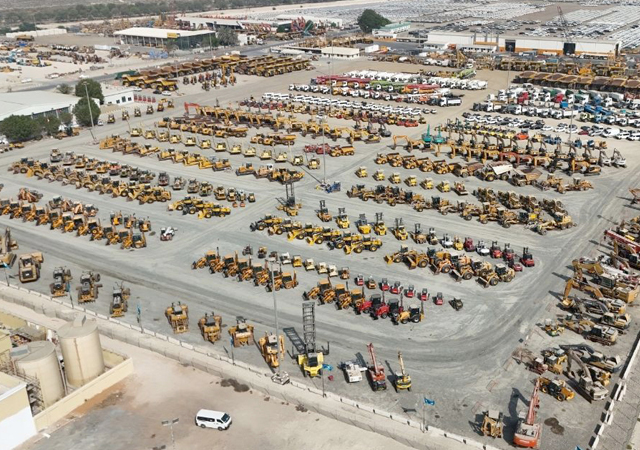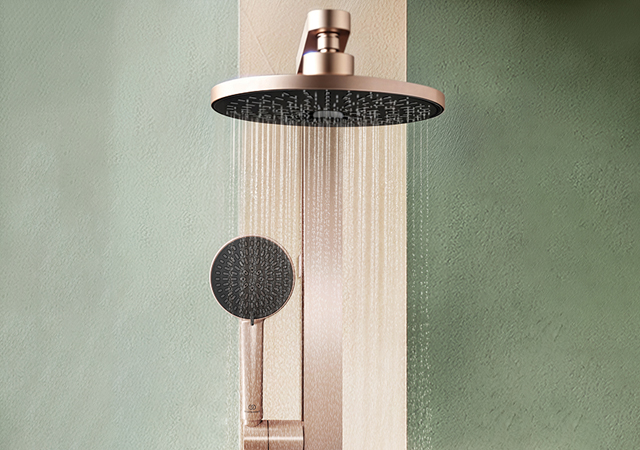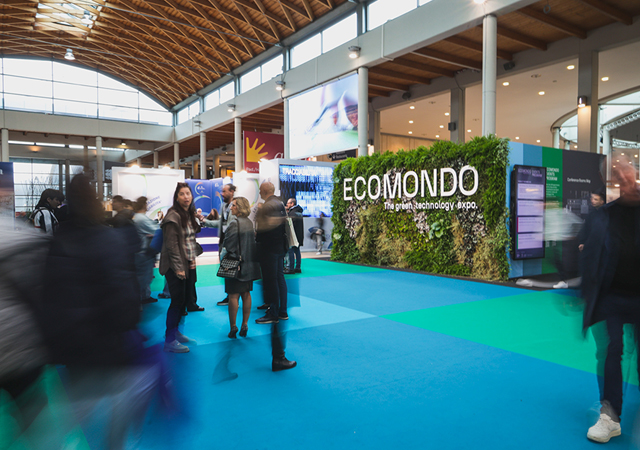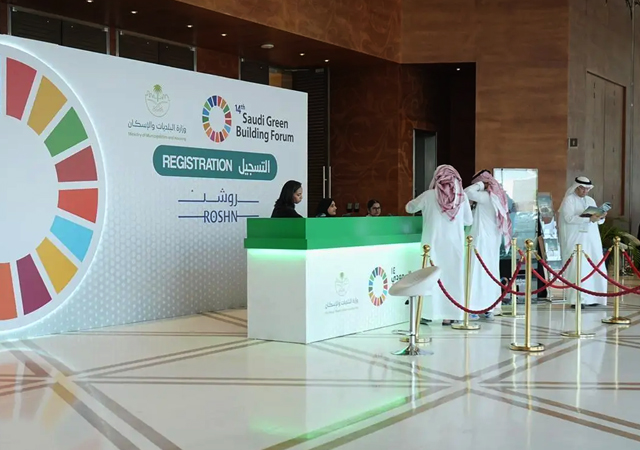
Al Wahaj Metal Industries – a producer of high-quality profiled sheets, composite panels, and Z-purlins – is gearing up for the challenges of an increasingly quality-conscious and competitive market.
A new management team took over the reins of the Dubai-based company some nine months ago to transform it into a dynamic operation that can respond quickly to market demands.
Al Wahaj has restructured its sales and marketing teams and has set up an export division to enable it to make further inroads in the GCC market.
Well-qualified staff, including civil engineers and quality controllers, have been recruited and have been entrusted responsibility with authority, says general manager Majid Mirza.
Customer service is the main focus of the restructured Al Wahaj, according to Mirza. “Another priority is on-time delivery, which means we do not take on any job if we are unsure of delivering the order. Our reputation is very important to us,” he says.
Mirza has learned during in the earlier days of his career in the US that “if you take care of your customer and fulfil your commitments you are a winner. When you have an established reputation, clients do not mind paying a little more to rest easy that the order will be delivered to their satisfaction.”
Al Wahaj markets its products under the brand Wahajclad for cladding and composite panels and Wahajpurl for purlins. The company has been a major supplier of cladding materials to many industrial and commercial facilities built not only in the UAE but elsewhere in the GCC.
The company has a busy order book until mid-September and is currently working three shifts to meet the demand in the market. It also maintains a healthy stock, worth Dh6 million ($1.6 million), of its standard product lines to ensure on-time delivery of material.
Al Wahaj witnessed a 15 per cent growth in business last year compared to 2002.
Commenting on the Dubai market, he says. “Dubai is a very competitive market but no one can complain as there are enough jobs to keep everyone busy. However, because of the costs of aluminium and steel, there will be slowdown of steel projects coming up.”
In the UAE, it is supplying the Jebel Ali Port Authority, Al Khan shopping mall in Sharjah and City Mall in Sharjah.
Its major completed project include the Amiri Flight facilities in Abu Dhabi, Airlink warehouse in Al Ain, Falcon Chemicals Factory in Jebel Ali, Etisalat’s Development and Training Centre and multipurpose hall in Dubai.
Besides supplying the UAE market, Al Wahaj exports to Qatar, Saudi Arabia, Bahrain and Oman. Mirza describes Oman as a low volume but steady market where it primarily supplied to oil infrastructure expansion projects in the sultanate. The Saudi market – where competition is low as there are few local producers – offer large orders.
To meet the anticipated growth in demand as a result of its export focus, Al Wahaj is now doubling its facilities, which are currently equipped with two presses and two rolling mills. The expansion is expected to be completed by the end of this year.



